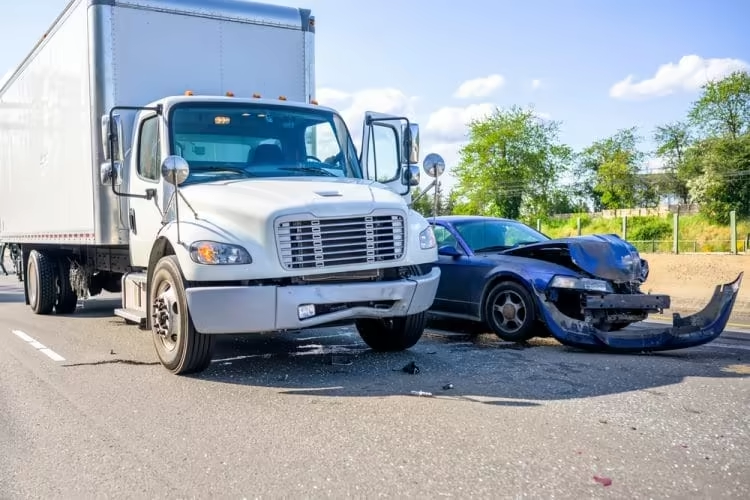Texas ranks number one in large truck accidents, and they can be among the most disastrous situations for any victim. The victim is usually confused about the next step, with financial burdens, legal challenges, and insurance disputes setting in.
When you are involved in an 18-wheeler collision, you must know how to minimize physical, financial, and emotional damages. A San Antonio personal injury lawyer can help you recover financial compensation after a truck accident. From seeking medical attention to preserving evidence, here are some strategies to help you safeguard yourself after a truck accident in Texas.
Get Medical Attention Immediately
Injuries from a truck accident from a truck accident may not exhibit symptoms immediately, and internal damage or concussions will only worsen without treatment. A visit to the emergency room immediately ensures that you are treated for all symptoms, even the ones you can’t see.
Insurers can claim that your injuries are not accident-related if treatment is delayed. Medical records can also be used as critical evidence when seeking compensation later. Ensure you follow up with specialists when necessary and stick to prescribed treatments. Failure to attend scheduled appointments and comply with prescribed medical instructions could hinder your claim.
Document the Accident Scene
Another key thing you can do after a truck accident is document the scene. You should take pictures of vehicle damage, skid marks, road conditions, and visible injuries using your phone. When taking pictures, include close-up and wide-angle shots. If you spot any traffic signs or traffic signals nearby, capture them in your photos. Writing notes on pre- and post-crash events is equally significant. Seemingly minor details, such as weather conditions or the truck driver’s actions, could strengthen your case later.
Get Witnesses' Contact Information
Testimony from witnesses can substantiate your claim. People who witnessed the accident can give a critical, unbiased account of what transpired. Gather official names, phone numbers, and email addresses when possible. Witnesses often forget what they witnessed over time, and speaking to them sooner helps keep their recollections fresh. You should have this information and present it to your attorney or insurance company as they investigate your claim.
Contact an Experienced Lawyer
Truck accident claims can involve multiple parties, such as drivers, trucking companies, and insurers. Handling them alone often results in overlooked details or reduced compensation. To increase your chances of a fair outcome, it is advisable to consult an experienced lawyer who specializes in handling truck accidents. These professionals understand Texas laws, including the two-year statute of limitations for filing personal injury claims.
Attorneys, being skilled negotiators, will oppose the often insufficient settlement offers that insurance companies tend to present. They can also gather evidence, reconstruct the accident if necessary, and unravel the legal complexities while you focus on recovering.
Notify Your Insurance Company Promptly
Many insurance policies require that any accidents be reported within a certain time. Delays in notifying the insurance company can jeopardize your claim or limit your coverage. When communicating with the policy provider, stick to the facts of the incident. Do not admit liability or speculate on the cause of the accident, as this could detrimentally affect your case later. Remember to record all correspondence with your insurer, including dates and details of conversations. This may protect you if there is a dispute about what you reported.
Conclusion
Taking the right steps after a truck accident can make a significant difference in your recovery and legal outcome. From getting prompt medical care to preserving vital evidence and securing reliable legal representation, each action plays a crucial role in protecting your well-being and financial interests. Navigating the aftermath of such a traumatic event is never easy, but being informed and proactive helps reduce further damage. Whether you’re dealing with uncooperative insurers or complex liability issues, having the right guidance can ease the burden and ensure you are not taken advantage of during an already difficult time.



